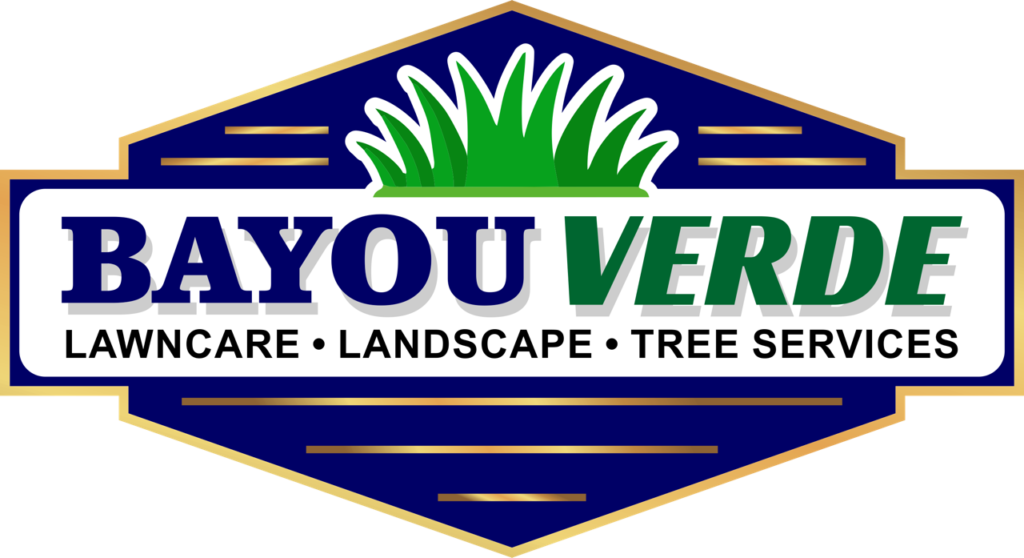Summer in South Louisiana is known for heavy rainfall, sudden downpours, and flash flooding. These storms can overwhelm traditional drainage systems, leading to erosion, runoff pollution, and standing water in residential yards. That’s where rain gardens come in. A rain garden is a strategically designed, shallow, planted depression that captures and absorbs rainwater from rooftops, driveways, patios, and other hard surfaces. These gardens not only reduce flooding but also filter pollutants and support native biodiversity. For homeowners looking for sustainable landscaping solutions, they offer both beauty and functionality.
As a trusted landscape company in Metairie, we encourage property owners to consider how rain gardens can fit into their overall outdoor design strategy. With proper planning, these gardens can become both a stormwater solution and a lush focal point for your yard.
Designing an Effective Rain Garden for Your Property
Not all rain gardens are the same. Their success depends on thoughtful planning and proper construction. First, location is key. The garden should be situated in a low-lying area where runoff naturally flows, but not so close to your home’s foundation that it risks causing damage. Ideally, it should be at least 10 feet away from buildings.
The shape and depth of the rain garden depend on the size of the drainage area and the soil type. Sandy soil will drain faster than clay, so the depth and plant selection need to reflect those characteristics. Plants used in rain gardens should be native or well-adapted species that can withstand both wet and dry conditions. These often include Louisiana irises, swamp milkweed, sedges, and black-eyed Susans.
As a landscape company in Metairie, we assess the local soil conditions, sun exposure, and drainage patterns to design gardens that not only handle stormwater but thrive in our unique climate.
Environmental Benefits Beyond Drainage
Rain gardens do more than just manage runoff. They act as natural filtration systems. As stormwater flows into the garden, sediments and pollutants are filtered by the plants and soil before the water reenters the groundwater system. This helps keep local bayous and waterways cleaner.
Additionally, these gardens support pollinators, birds, and beneficial insects, contributing to urban biodiversity. The inclusion of native plants reduces the need for fertilizers, pesticides, and excessive watering, making rain gardens an environmentally conscious landscaping option.
In an era of increasing storm intensity and growing environmental concerns, rain gardens are a step toward climate-resilient landscaping. At Bayou Verde, we see them as a way to blend ecology and aesthetics, offering property owners a smart solution to summer stormwater problems.
Making the Investment Worthwhile
Some homeowners may wonder if installing a rain garden is worth the investment. The answer lies in the long-term benefits. Beyond the immediate gains of reduced flooding and improved yard appearance, rain gardens can lower maintenance costs over time and may even increase property value due to their sustainable appeal.
At Bayou Verde, your local landscape company in Metairie, we make sure each project delivers both practical results and visual appeal. Our team works closely with homeowners to ensure the rain garden complements the rest of the landscape while addressing specific stormwater issues.
Conclusion
If your yard struggles with pooling water or you’re looking for a sustainable upgrade to your landscaping, now is the time to consider a rain garden. Contact Bayou Verde, your expert landscape company in Metairie, to schedule a consultation. Let us design a beautiful, functional solution tailored to your home and Louisiana’s unique environment. Together, we’ll transform stormwater into a landscape asset.
